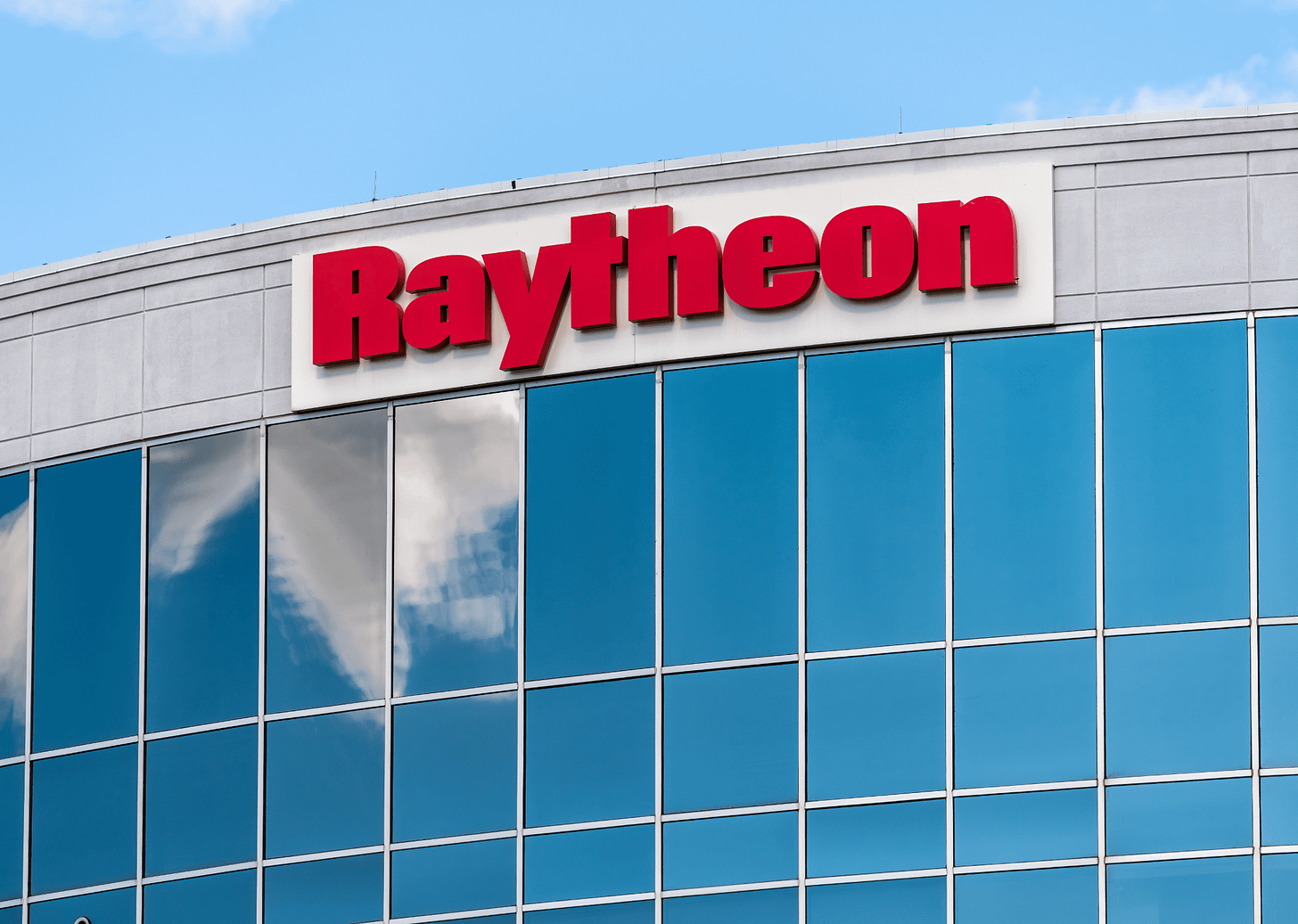Raytheon Gets Fined For Over A Decade Of Bribery & Corruptions Charges
Within the defense contracting industry, Raytheon Company, a subsidiary of RTX Corporation (formerly Raytheon Technologies Corporation), has agreed to pay over $950 million to resolve multiple investigations by the U.S. Department of Justice (DOJ).
These investigations uncovered serious violations, including defective pricing on government contracts, breaches of the Foreign Corrupt Practices Act (FCPA), and infractions of the Arms Export Control Act (AECA) and its implementing regulations, the International Traffic in Arms Regulations (ITAR).
According to Forbes:
”The biggest component of these penalties is a $428 million civil settlement for allegations of lying to the government about its costs on sole-source contracts to pump up its profits, and for double-billing the government on a weapons maintenance contract between 2009 and 2020.”
Defective Pricing Schemes
The investigation into Raytheon’s practices revealed a pattern of inflated pricing on U.S. government contracts, including those for critical defense systems like PATRIOT missiles. The DOJ stated:
"Raytheon knowingly submitted inflated cost data, leading the Department of Defense to overpay for vital defense systems," which directly impacted taxpayers and national defense budgets.
This misconduct not only strained government resources but also cast doubt on the reliability of Raytheon’s cost reporting mechanisms.
Given how long into the past these allegations are, this is not something that Raytheon started doing yesterday:
”In a 2013 email cited in court documents, a Raytheon employee told the Pentagon the company’s costs had increased when they actually went down – resulting in an overpayment by the government of about $100 million. This is classic example of alleged defective pricing.”
Foreign Bribery Allegations
Image source: qcfglobal.com
Beyond pricing fraud, Raytheon admitted to conspiring to bribe a high-ranking Qatari official to secure lucrative defense contracts. The DOJ outlined the scheme, stating:
"Raytheon conspired to pay bribes disguised as legitimate business expenses, violating the Foreign Corrupt Practices Act."
The company concealed these payments in falsified reports submitted to U.S. authorities. U.S. Attorney Breon Peace for the Eastern District of New York remarked:
"This case highlights the DOJ’s commitment to holding companies accountable for illegal practices that compromise the integrity of global markets and national security."
By engaging in foreign bribery, Raytheon not only violated U.S. law but also jeopardized the fairness of international defense procurement.
Again, according to Forbes:
”Raytheon allegedly bribed a high-ranking Qatari military official to secure additions to an existing contract with the Gulf Cooperation Council, and a $510 billion contract to build a joint-operations center for the Qatari military”
Raytheon had recently settled a civil case in which it had been accused of similar bribery charges.
Export Control Breaches
The investigation also revealed that Raytheon failed to disclose bribery-related information on export license applications, violating the Arms Export Control Act (AECA) and the International Traffic in Arms Regulations (ITAR). The DOJ accused the company of undermining export controls meant to protect U.S. security interests.
Assistant Attorney General Olsen further explained:
"Export control laws exist to safeguard sensitive defense technologies. Raytheon’s failure to disclose critical information is a serious breach of these protections."
The violations brought additional scrutiny to the company’s internal compliance measures and transparency in foreign transactions.
Settlement and Oversight
To resolve these violations, Raytheon agreed to a settlement exceeding $950 million. This amount includes:
Criminal monetary penalties for fraudulent pricing and bribery schemes,
Criminal forfeiture of profits gained through illegal practices, and
Civil settlements addressing export control breaches.
Raytheon also entered into two separate three-year deferred prosecution agreements (DPAs) with the DOJ. Under these agreements, the company is required to retain an independent compliance monitor to oversee the implementation of enhanced compliance measures.
Deputy Assistant Attorney General Kevin Driscoll noted:
"This settlement sends a clear message: no company is above the law. The DOJ will continue to pursue accountability for those who exploit public resources for private gain."
According to Reuters,
”Under the accords, prosecutors have agreed to dismiss criminal charges against the company after three years if it complies with the terms of the deferred prosecution agreements, which call for hiring an independent compliance monitor.”
Conclusion
The Raytheon case underscores the DOJ’s ongoing efforts to enforce compliance and transparency within the defense contracting industry. As Deputy Attorney General Lisa Monaco stated earlier this year:
"Corruption in any form erodes public trust and weakens the institutions designed to protect national security and economic stability."
The $950 million settlement ranks among the largest in defense industry history, highlighting the substantial risks of fraud, waste and abuse of taxpayer money.








